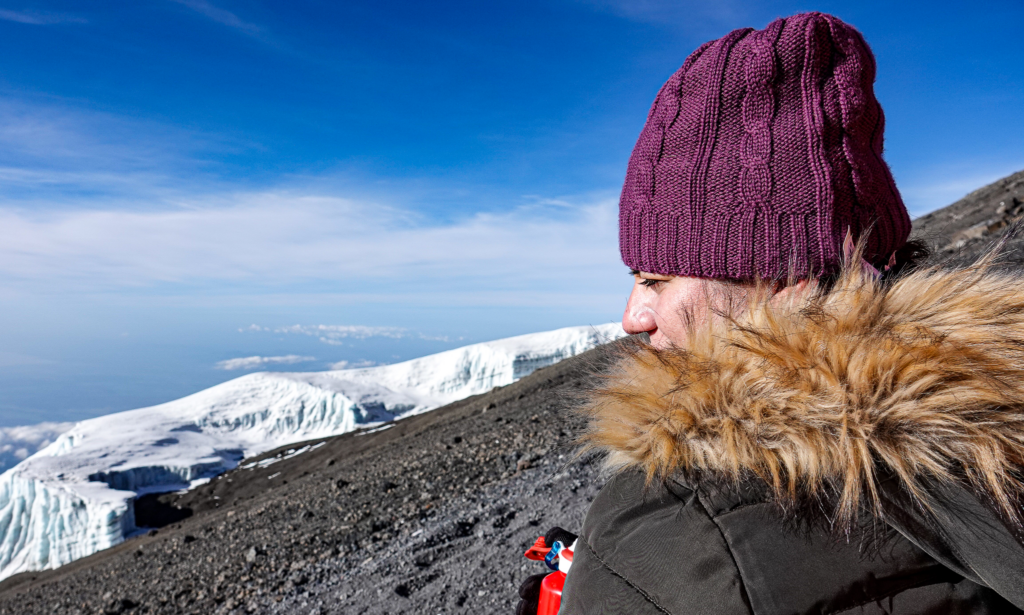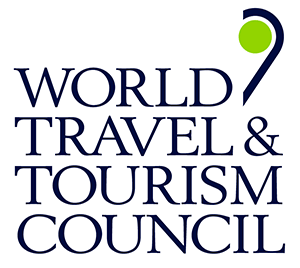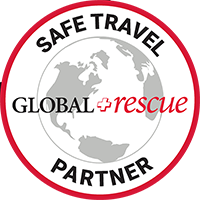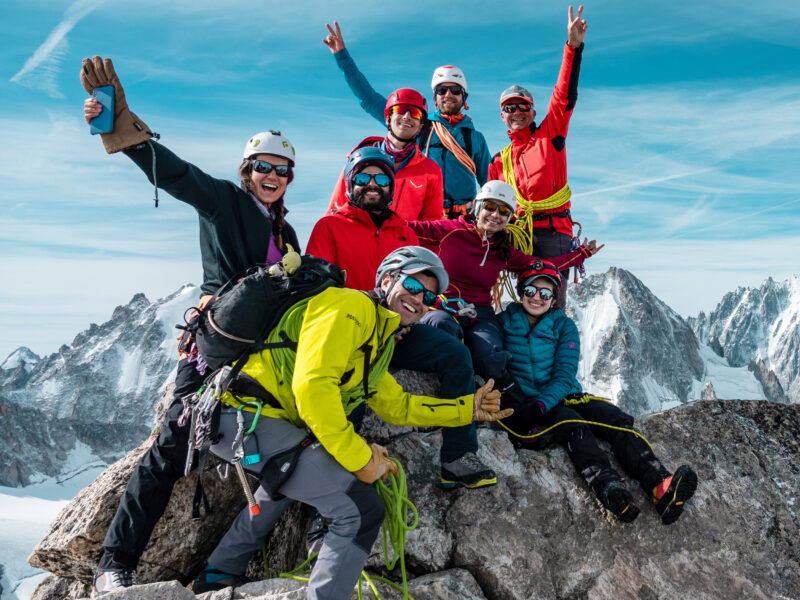BY Rami Rasamny | March 05 2024
What I Wish I Knew Before Climbing Kilimanjaro

Embarking on a journey to summit Kilimanjaro is a dream for many adventurers, but as I discovered firsthand, there are several key insights that can make all the difference between a smooth ascent and a challenging ordeal. Here are eight crucial lessons I wish I had known before undertaking this epic climb:
- Dehydration, Not Altitude, is the Primary Concern: Contrary to popular belief, altitude is not the sole factor to worry about on Kilimanjaro. Dehydration poses a greater risk to climbers, especially in the dry mountain air. Prioritize staying hydrated throughout the journey by drinking plenty of water and electrolyte-rich fluids.
- Route Difficulty Can Vary: While some may perceive the Marangu Route as the “easy” option due to its hut accommodations, all routes on Kilimanjaro pose similar overall difficulty levels. Exceptions include the Umbwe Route, which is shorter but more challenging, and the Arrow Glacier Route, requiring technical gear like crampons and ice axes.
- Operator Quality Makes a Difference: Not all tour operators provide the same level of service on the mountain. From the quality of food to camping infrastructure and overall experience, choosing a reputable operator is paramount for a successful and enjoyable climb.
- Prepare for Rain Regardless of Season: Even during the dry season, Kilimanjaro is prone to rain showers. A poncho is essential for keeping dry, as regular waterproof gear may not suffice. Utilize dry bags to protect clothing during heavy downpours, as duffel bags can allow water penetration.
- Sugary Sweets for Summit Energy: During the strenuous summit night, easily digestible and fast-acting energy sources like sugary sweets, such as sour candy, are invaluable. They provide a quick boost of energy when needed most.
- Start with a Slow and Steady Pace: Conserving energy is crucial for summit success, and it begins with maintaining a deliberate and steady pace from day one. Avoid overexertion early in the climb to preserve energy for the challenging summit push.
- Prioritize Sleep and Comfort: Quality rest is essential for physical and mental well-being during the climb. Invest in a warm sleeping bag, earplugs, and a small pillow to ensure a comfortable night’s sleep, even in the mountain’s harsh conditions.
- Protect Against Sun Exposure: Despite cloud cover, direct sunlight can still pose risks of heat stroke and dehydration. Keep your head covered with a sunhat or buff to shield against harmful UV rays and maintain optimal hydration levels.

In conclusion, ascending Kilimanjaro is a monumental undertaking that requires careful preparation and attention to detail. By heeding these invaluable insights, you can enhance your chances of a successful summit bid while ensuring a safe and memorable adventure on Africa’s highest peak.














